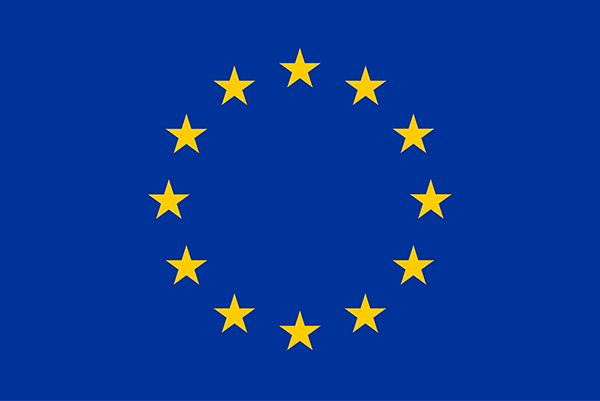The Changing Demographics of the Global Academic Workforce: Aging, Expansion, and Sex Differences in Science Across the OECD Countries, 1990-2020
RISIS Research Seminar
May 11 @ 2:00 PM – 3:30 PM
Presenter: Marek Kwiek, University of Poznan
Discussant: Samin Aref, University of Toronto
Abstract
The seminar will be focused on new opportunities to study the global academic workforce from the perspective of its changing demographics. The major questions will be: how does the age profile of scientists in the OECD area change across countries, disciplines, gender, and over time, in the past three decades? Is the global academic profession graying or rejuvenating, expanding or contracting, and at what rates? How is the role of women scientists changing, who is staying in universities and what do the sex differences between incoming, outgoing and staying scientists mean for academic careers?
In this seminar, we will discuss methodologies of ascribing major demographic and career characteristics to individual scientists included in large bibliometric datasets, and their limitations: gender, dominating discipline, publication prestige, and academic age (N = 11,000,000). Specifically, biological age is an important sociodemographic factor in studies of academic careers (research productivity, scholarly impact, and collaboration patterns), together with disciplines and gender. However, academic age as a proxy has its limitations. We will briefly analyze these limitations in academic career studies, using as an example the entire population of Polish academic scientists visible in the last decade in global science and holding at least a PhD degree (N = 20,569).
We will compare briefly the advantages and disadvantages of (1) working with large-scale international comparative survey data of the academic profession, (2) working with large bibliometric datasets (of the Scopus type), and (3) working with large biographical, administrative, publication and citation datasets created by merging national registries of scientists with the Scopus dataset. The increasing importance in academic career studies of working with raw data at the micro-level of individual scientists will be emphasized.
